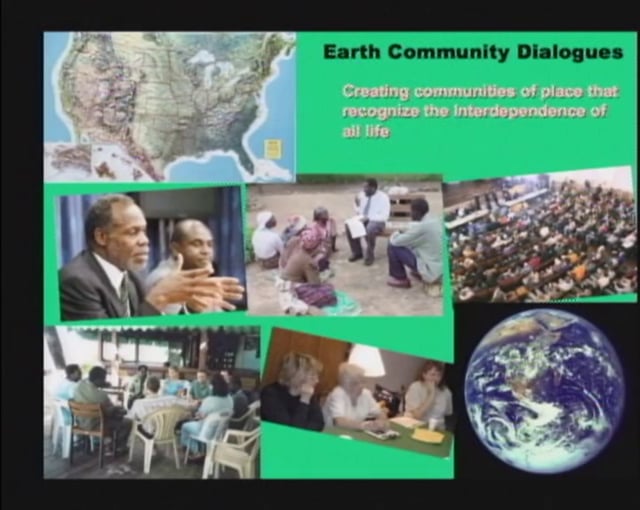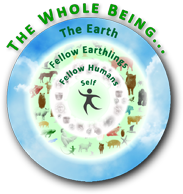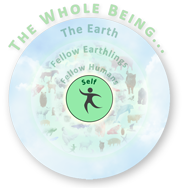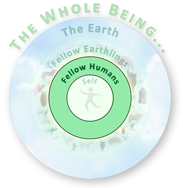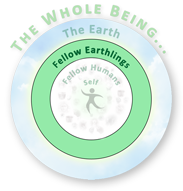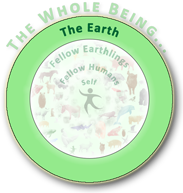Resource Library
To narrow down the list to only resources personally endorsed by CNCL, tick the “CNCL-Endorsed” box.
Please let us know if you find any errors or dead links.
Click here
for a list of…![]()
Broad-Coverage Independent News
& Media Sites
“Founded in 2013, The FANG Collective seeks to escalate resistance to the fracked gas industry while supporting other movements for justice.” “The Fearless Heart is a project of Bay Area Nonviolent Communication. Like many projects, it started small when, in 2010, Miki Kashtan finally got the nerve to start her own blog. The response was so positive, and the pleasure of putting out her ideas and experiences so meaningful, that writing emerged as a core aspect of Miki’s work. As her visibility and reach grew over time, a team of people coalesced in support of the vision that she is holding for what’s possible for individuals and for the world. The Fearless Heart is where Miki blogs. It acts as the publisher for her books and upcoming multimedia self-study guide to Nonviolent Communication. The Fearless Heart team supports trainings around the world conducted by Miki, and a number of other projects. We invite you to look around this site and see what draws your attention. We believe there is something here for anyone, from CEO to social activist.” Mining, Nuclear and Water issues in South Africa. “The FSE is today widely recognized as the most prominent of the environmental activist stakeholders in the mining industry – and its directors are listed as amongst the 100 most influential people in Africa’s Mining Industry.” Book: “In 1987, John Robbins published Diet for a New America, which was an early version of this book, and he started the food revolution. He continues to work tirelessly to promote conscious food choices more than 20 years later. First published in 2001, The Food Revolution is still one of the most frequently cited and talked about books of the food-politics revolution. It was one of the very first books to discuss the negative health effects of eating genetically modified foods and animal products of all kinds, to expose the dangers inherent in our factory farming system, and to advocate a complete plant-based diet. The book garnered endorsements by everyone from Paul Hawken to Neal Donald Walsch, Marianne Williamson to Julia Butterfly Hill. After ten years in print, The Food Revolution is timelier than ever–and a very compelling read. The 10th anniversary edition has an updated, new contemporary look and a new introduction by the author.” “The Forgiveness Project collects and shares stories from both victims/ survivors and perpetrators of crime and conflict who have rebuilt their lives following hurt and trauma. Founded in 2004 by journalist, Marina Cantacuzino, The Forgiveness Project provides resources and experiences to help people examine and overcome their own unresolved grievances. The testimonies we collect bear witness to the resilience of the human spirit and act as a powerful antidote to narratives of hate and dehumanisation, presenting alternatives to cycles of conflict, violence, crime and injustice. At the heart of The Forgiveness Project is an understanding that restorative narratives have the power to transform lives; not only supporting people to move on from harm or trauma, but also building a climate of tolerance, resilience, hope and empathy. This idea informs our work across multiple platforms – in publications and educational resources, through the international F Word exhibition, in public conversations, and our award-winning RESTORE prison programme. The stories of forgiveness on our website demonstrate that forgiveness is first and foremost a personal journey, with no set rules or time limits. We are a secular organisation sharing stories from all faiths and none.” “Sharing thoughts, ideas and responses in relation to concepts and stories of forgiveness.” Book: “Shows the strategies wealthy families use to perpetuate their fortunes and keep control of family corporations” “Thich Nhat Hanh’s guidelines for anyone wishing to live mindfully.” “The Forum’s mission is to encourage discussion, development, and dissemination of practical, policy-relevant ideas that will help to free humanity from the fear of terrorism and war. We think globally, promoting security that is inclusive, civilian-led, and consistent with the rule of law, including human rights. We believe that international cooperation and the use of incentives and sanctions, rather than overreliance on military force, is essential for the progress of a secure, civilized society in every country.” “The Freedom Archives is a non-profit educational archive located in San Francisco dedicated to the preservation and dissemination of historical audio, video and print materials documenting progressive movements and culture from the 1960s to the 1990s. Offering a youth development program focused on engagement with these historical materials and providing media production training, we also produce original documentaries and educational resources for use by schools and organizations as tools for community building and social justice work.” Articles relevant to The Freedom Archives. “The Freedom Archives is a non-profit educational archive located in San Francisco dedicated to the preservation and dissemination of historical audio, video and print materials documenting progressive movements and culture from the 1960s to the 1990s. Offering a youth development program focused on engagement with these historical materials and providing media production training, we also produce original documentaries and educational resources for use by schools and organizations as tools for community building and social justice work.” “Switzerland has everything it takes to secure its long-term supply on the basis of predominantly domestic and renewable energy sources and energy efficiency: natural, economic and financial resources as well as technological know-how. In order for the energy transition to succeed, it needs a clear framework, including as far as the nuclear phase-out is concerned. Nuclear power plants pose an unnecessary and unacceptable threat. They pollute the environment at all pre and post stages and leave nuclear waste behind. In addition, the construction of new nuclear power plants will hinder the development of a secure power supply with renewable energies and prevent incentives for (electricity) energy efficiency. The members of the Alliance nuclear phase-out commit themselves to the common goal of stopping the production of atomic energy. They are making political efforts to avert the construction of new nuclear power plants in Switzerland. “ Film: “There is a revolution happening in the farm fields and on the dinner tables of America – a revolution that is transforming the very nature of the food we eat. The Future of Food offers an in-depth investigation into the disturbing truth behind the unlabeled, patented, genetically engineered foods that have quietly filled U.S. grocery store shelves for the past decade. From the prairies of Saskatchewan, Canada to the fields of Oaxaca, Mexico, this film gives a voice to farmers whose lives and livelihoods have been negatively impacted by this new technology. The health implications, government policies and push towards globalization are all part of the reason why many people are alarmed by the introduction of genetically altered crops into our food supply. Shot on location in the U.S., Canada and Mexico, The Future of Food examines the complex web of market and political forces that are changing what we eat as huge multinational corporations seek to control the world’s food system. The film also explores alternatives to large-scale industrial agriculture, placing organic and sustainable agriculture as real solutions to the farm crisis today.” “Directed by Louie Psihoyos and executive produced by James Cameron, The Game Changers tells the story of James Wilks — elite special forces trainer and winner of The Ultimate Fighter — as he travels the world on a quest for the truth behind the world’s most dangerous myth: that meat is necessary for protein, strength and optimal health. Meeting elite athletes, special ops soldiers, visionary scientists, cultural icons, and everyday heroes, what James discovers permanently changes his relationship with food and his definition of true strength.” “We live in a concrete, violent, noisy, high tech, busy world. We have lost our connection to animals, to nature, and most of all, to ourselves. Animals are living lives of torment from beginning to end, their cries are unheard, their pain is unseen, and they are suffering. The rate of heart disease, cancer, obesity, and diabetes has never been higher. The rain forests are being destroyed, we are in a global drought, we are polluting our air, and species go extinct every day. But by having reverence for all life and by reconnecting with Mother Earth we each can change all that. At The Gentle Barn we stand up for the innocent, and we help animals and children alike remember that they matter. We open people’s hearts to the connections with nature. We open people’s minds to what is happening around us. And we inspire people to be an integral part of the solution. Through the stories and interactions with our animals, we can raise future generations to have reverence for all life, protect our planet, live good healthy, happy lives, and we will all be closer to having peace on earth!” Film: “With the exception of our companion animals and the wild and stray species within our urban environments, we experience animals daily only as the food, clothing, animal tested goods and entertainment we make of them. This moral dilemma is largely hidden from our view. THE GHOSTS IN OUR MACHINE illuminates the lives of individual animals living within and rescued from the machine of our modern world. Through the heart and photographic lens of animal rights photojournalist Jo-Anne McArthur, audiences become intimately familiar with a cast of non-human animals. From undercover investigations to joyful rescue missions, in North America and in Europe, each photograph and story is a window into global animal industries: Food, Fashion, Entertainment and Research. THE GHOSTS IN OUR MACHINE charts McArthur’s efforts to bring wider attention to a topic that most of humankind strives hard to avoid. Are non-human animals property to be owned and used, or are they sentient beings deserving of rights?” “Peter Russell’s award-winning video, based on a live audio-visual presentation in 1983. He explores the idea that the Earth is an integrated, self-regulating living organism and asks what function humanity might have for this planetary being. It suggests that we stand on the threshold of a major leap in evolution, as significant as the emergence of life itself, and the essence of this leap is inner spiritual evolution. Moreover, Peter Russell maintains that it is only through such a shift in consciousness that we will be able to manage successfully the global crisis now facing us.” “We work with scientists, investors, and entrepreneurs to make groundbreaking good food a reality. We focus on clean meat and plant-based alternatives to animal products—foods that are more delicious, safer to eat, and better for the planet than their outdated counterparts.” “Buddhism ought to be an animal rights religion par excellence. It has long held that all life forms are sacred and considers kindness and compassion the highest virtues. Moreover, Buddhism explicitly includes animals in its moral universe. Buddhist rules of conduct—including the first precept, “Do not kill”—apply to our treatment of animals as well as to our treatment of other human beings. Consequently, we would expect Buddhism to oppose all forms of animal exploitation, and there is, in fact, wide agreement that most forms of animal exploitation are contrary to Buddhist teaching. Yet many Buddhists eat meat―although many do not―and monks, priests, and scholars sometimes defend meat-eating as consistent with Buddhist teaching. The Great Compassion studies the various strains of Buddhism and the sutras that command respect for all life. Norm Phelps, a longtime student of Buddhism and an acquaintance of His Holiness the Dalai Lama, answers the central questions of whether Buddhism demands vegetarianism and whether the Buddha ate meat. He is not afraid to examine anti-animal statements in Buddhist lore―particularly the issues of whether Buddhists in non-historically Buddhist countries need to keep or to jettison the practices of their historical homelands.” A talk by David Korten. “A Great turning to an Ecological Civilization cannot be led or imposed by institutions created to secure the relationships of an Imperial Civilization. Leadership must come from We the People. With no precedent or model to guide us, we must learn as we go, sharing the lessons of our experience as we withdraw our support from the institutions of the old economy and live into being the institutions of a New Economy that aligns with Ecological Civilization’s vision of possibility. The Great Turning is a possibility: not a prophecy. The choice is in our hands.”Found 1997 Results
The FANG Collective
![]()
The Fearless Heart
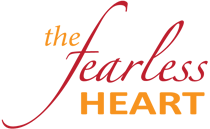
The Federation for a Sustainable Environment
![]()
The Food Revolution: How Your Diet Can Help Save Your Life and Our World
The Forgiveness Project
![]()
The Forgiveness Project’s Blog
![]()
The Founding Fortunes: a New Anatomy of the Super-Rich Families in America
The Fourteen Precepts of Engaged Buddhism
![]()
The Fourth Freedom Forum
![]()
The Freedom Archives

The Freedom Archives – Blog

The future is renewable

The Future of Food
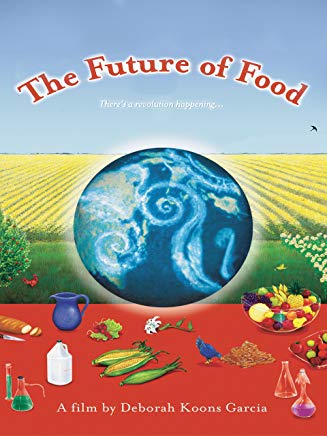
The Game Changers
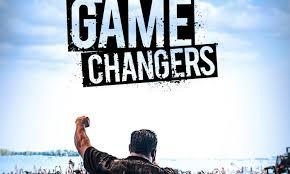
The Gentle Barn
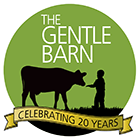
The Ghosts In Our Machine
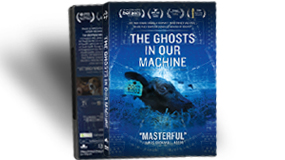
The Global Brain: Peter Russell (1983)
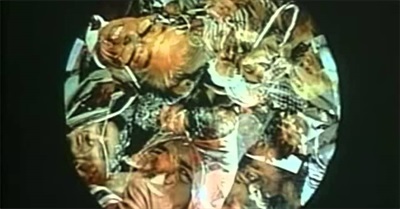
The Good Food Institute

The Great Compassion: Buddhism and Animal Rights
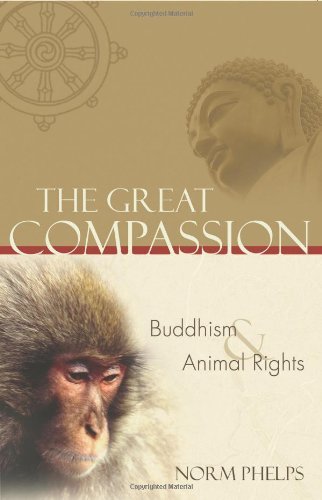
The Great Turning
